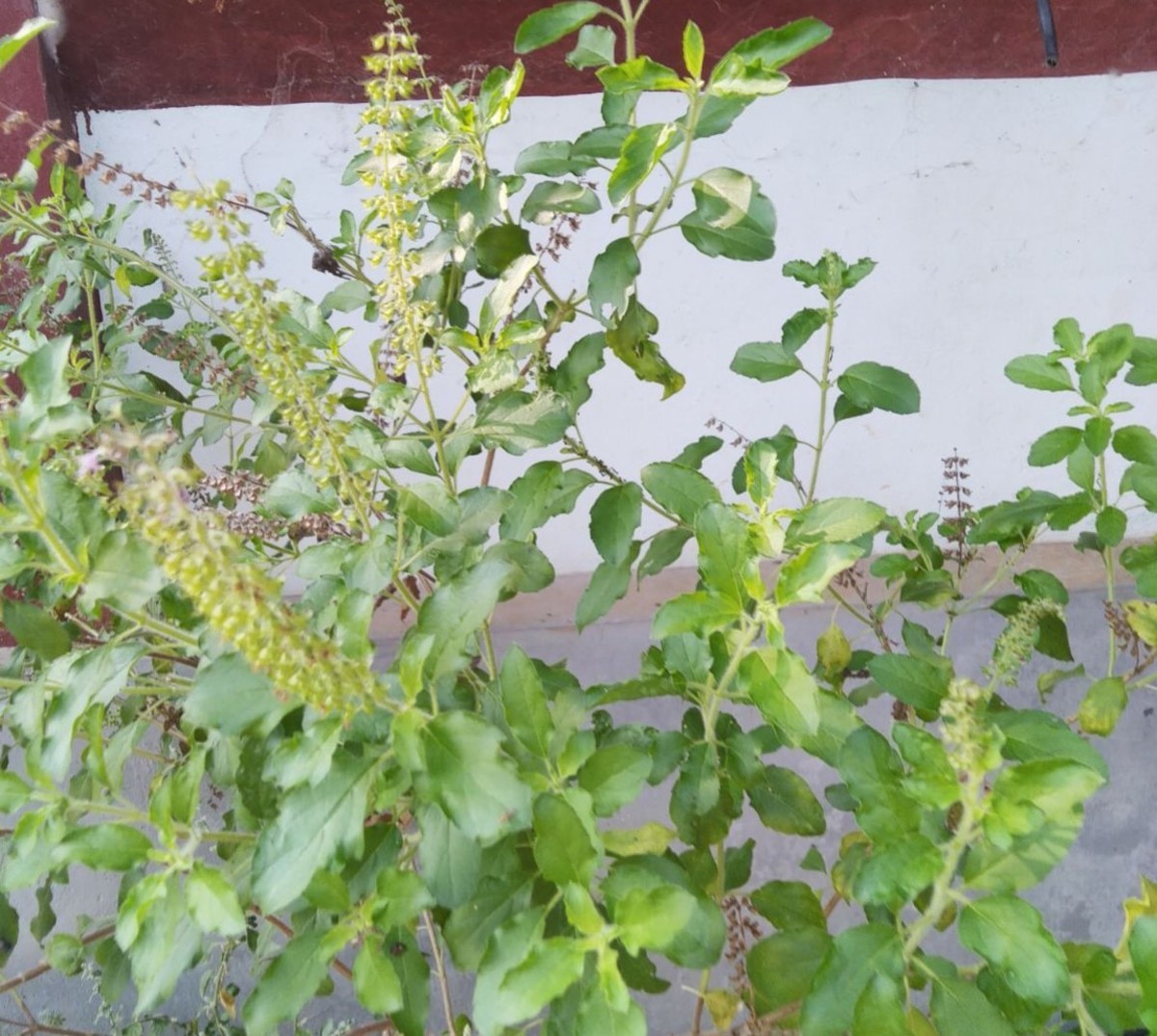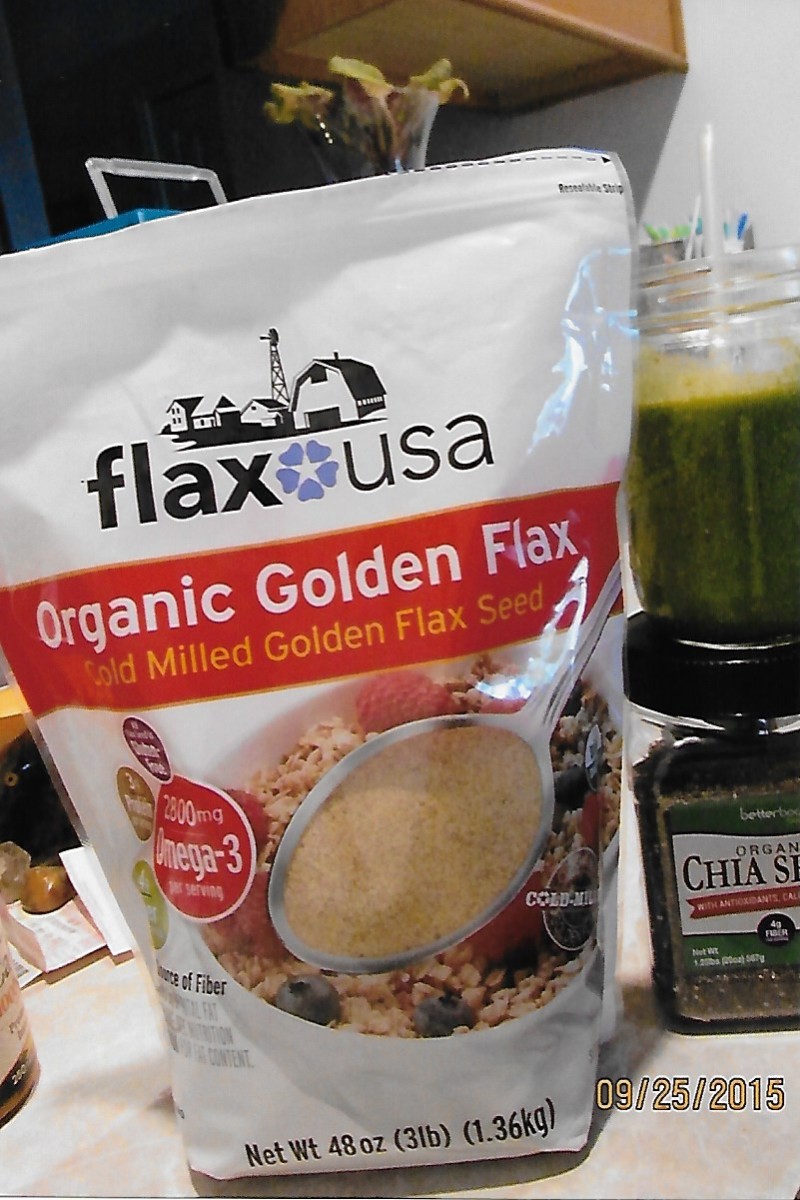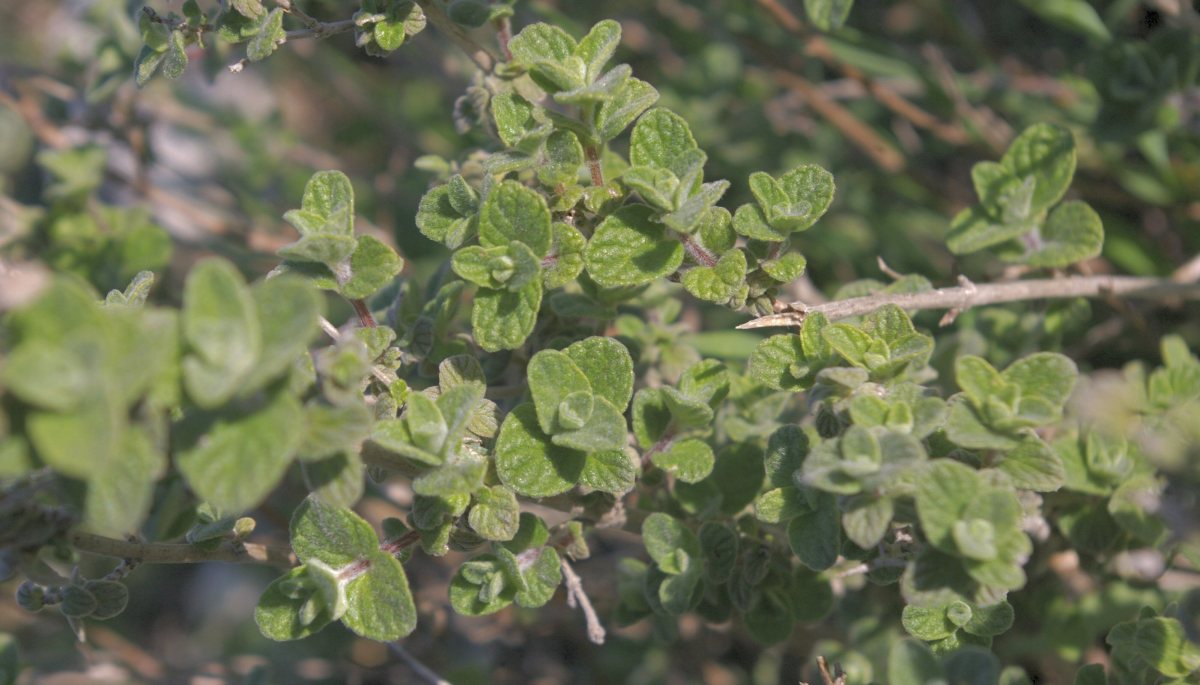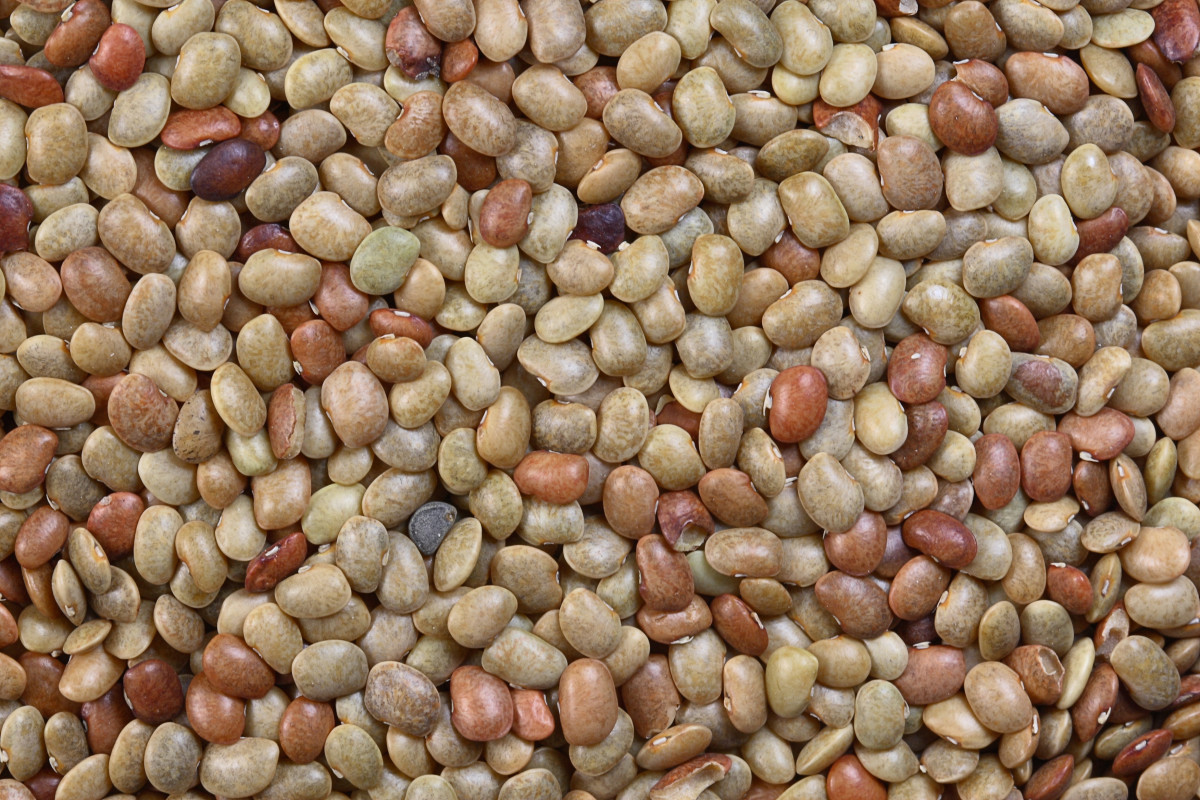Multiple Benefits of Linum Usitatissimum (Flaxseed): The Most Useful Functional Food
Benefits of Linum usitatissimum as a Functional Food
Flax seed (scientific name: Linum usitatissimum meaning ‘the most useful’) is an annual herb of genus Linum and family Linaceae, which is considered as a boon of nature to the humanity for its strong immunosuppressive, antioxidant, antihypertensive, anti-fungal, anti-viral, anti-diabetic, antithrombotic and anti-tumor properties.
The presence of a high amount of alpha-linolenic acid (ALA), short-chain polyunsaturated fatty acids, soluble and insoluble fibers, lignans, high-quality proteins, vitamins, and minerals helps in preventing tumor growth, deposition of cholesterol in the veins and reducing arterial inflammation.
A 100 g quantity of flax seeds contains 20.3 g proteins, 37.1 g fat, 2.4 g minerals, 4.8 g crude fiber, 24.5 g total dietary fiber, 28.9 g carbohydrates, 530 kcal energy, 750 mg potassium, 170 mg calcium, 370 mg phosphorus, 2.7 mg iron, and 30 mg vitamin A, 0.6 mg vitamin E, 0.23 mg vitamin B1, 0.07 mg vitamin B2, and 112 mg folic acid, which make it an ideal functional food with a high nutritional and medicinal value.
Linum usitatissimum Plant and Its Varieties
It is a perennial plant with a slender stem and alternate lance-shaped leaves wider at the middle (20 to 40 mm in length and 3 mm in breadth), growing up to 4 feet. It has blue flowers with five petals that hold small dry capsules (5 to 9 mm in diameter) containing eight to ten small smooth seeds brown or golden in color.
For Preventing Cancer and Cardiovascular Diseases
Linum usitatissimum can be consumed as flour, roasted seeds (very tasty when roasted with salt and taken with curd or buttermilk) and oil and is very effective in preventing breast cancer by slowing down the production of excessive estrogen hormone. In men, 30-40 gm of flaxseeds consumed on a daily basis can reduce the chances of prostate cancer, as flaxseeds contain lignans with strong anti-oxidant properties that inhibit the cancer-causing enzymes tyrosine kinase and topoisomerase.
For Strengthening Nervous System
Flaxseed powder could be included as an ingredient in the food. It has a higher presence of ALA omega-3 and omega-6 fatty acids that boost the nervous system.
As an Aphrodisiac
Regular intake of 1 tablespoon of flaxseeds helps in improving the testosterone level and enhancing the libido.
For Losing Unwanted Weight/Diabetes
The presence of soluble fiber in the flaxseed helps in delaying the passage of digested food from the stomach to the intestine, which helps in absorbing more nutrients. Similarly, the insoluble fiber present in flaxseed enhances beneficial gut bacteria that aid in digestion. It also helps in delaying the release of sugar in the blood, which leads to a reduction of blood glucose levels in the body.
For Treating Menopause Disorders
There have been mixed results of research undertaken for the effect of flaxseed on menopausal women, some claiming it to be beneficial to the menopausal women while others claim it to be of having not much effect. However, a study has shown that regular intake of flaxseeds for a period of 3 months helped women in reducing the menopausal symptoms and increasing their quality of life.
For Treating Varicose Veins/Hydrocele/Polycystic Ovarian Syndrome
Regular intake of 1 tablespoon of flaxseed powder with cinnamon powder in buttermilk helps in treating varicose veins in legs/hydrocele/polycystic ovarian syndrome.
For Constipation
Mix one tablespoon of flaxseed powder in one glass of water and take the mixture twice a day to get relief from constipation.
For Dandruff/Hair Fall
Flaxseed oil also contains vitamin E and its massage increases the blood circulation to the scalp and leads to hair growth with a natural shine.
For Skin-Related Disease
According to Ayurveda, flaxseed restores the pH balance of the skin. Regular massage with flaxseed oil and washing the face in the morning can lead to a natural glow in the skin.
Significance of Linum usitatissimum in Ayurveda
In Ayurveda, the herb is called with different names, including atasi, umaa, masrnaa, nilapushpi and kshumaa, and is associated with several health-promoting properties, such as regulating the skin pH (madhura), curing skin marks (tvagdoshahrit), improving skin elasticity (balya) and wound healing (vranahrit). Linum usitatissimum is effective in boosting heart functionality, reducing breast and prostate cancer risks, treating atherosclerosis, diabetes, cancer, arthritis, osteoporosis, autoimmune and neurological disorders, alleviating menopausal symptoms and improving fertility.
This content is accurate and true to the best of the author’s knowledge and does not substitute for diagnosis, prognosis, treatment, prescription, and/or dietary advice from a licensed health professional. Drugs, supplements, and natural remedies may have dangerous side effects. If pregnant or nursing, consult with a qualified provider on an individual basis. Seek immediate help if you are experiencing a medical emergency.
© 2020 Mahesh Chandra Gaur








